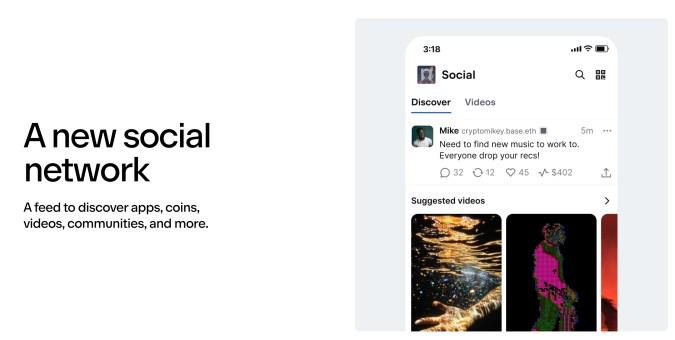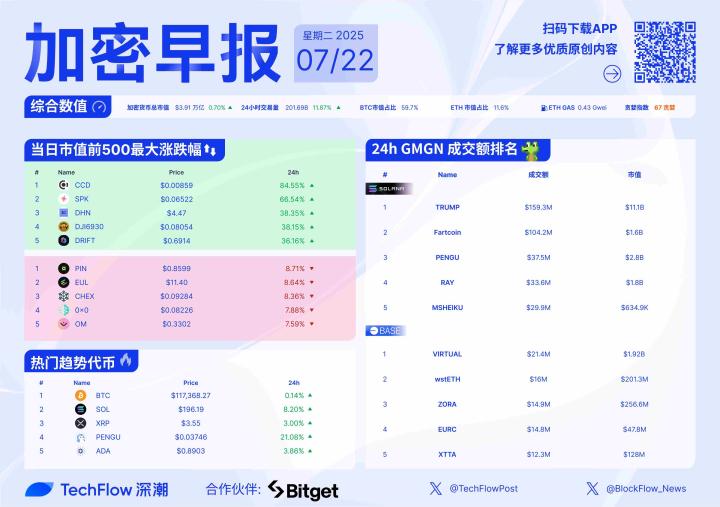First, dynamic bonding and variable challenge periods. In other words, instead of setting a uniform deposit amount and dispute resolution standard for all markets, they will flexibly adjust based on each market's actual activity, risk, and betting amount. For example, for high-stakes, high-impact markets like "election results" with significant controversy, ample time is given for investigation and appeal. Higher deposits and longer arbitration periods prevent malicious operations. For smaller markets like "Will it rain tomorrow" or "Bitcoin's price", deposits and arbitration times can be lower, improving efficiency and even enabling automatic settlement.
Moreover, with the development of AI technology, Polymarket is actively trying to involve AI robots in the resolution process. AI can quickly and automatically capture diverse information from mainstream media, news, and images, making preliminary fact judgments or assisting in evidence compilation, helping community members reduce repetitive verification work. Additionally, AI can detect potential abnormal voting behaviors or data fluctuations, issuing early warnings and assisting human decision-making. Although AI does not currently directly determine market results, its "auxiliary arbitration" capability is quietly changing the resolution process, driving the entire prediction market towards a more efficient and intelligent direction.
Preventing whale players from bribing and manipulating results is another tricky issue in decentralized governance. In the past, whale players could potentially hijack market fairness by buying votes collectively. To address this, Polymarket introduced the "re-staking" mechanism from Ethereum's emerging project EigenLayer. Simply put, any voter participating in resolution must provide mainstream assets like ETH as a deposit and agree that these deposits will be directly confiscated if proven to have malicious or collusive cheating behavior. By imposing high economic costs, the system significantly raises the threshold for cheating, making attacks extremely expensive. Ordinary users gain more sense of security and trust. EigenLayer is also researching "subjective security", aiming to converge "on-chain truth" through multi-dimensional community participation and diverse deposit assets, even for highly controversial or subjective market issues.
In short, holding only UMA tokens makes it difficult to hijack the entire prediction result. In the future, Polymarket might introduce ETH or other tokens less susceptible to whale manipulation as a synthetic asset, with many netizens speculating about a potential community token.
This leads to discussions about Polymarket's next capital strategy: issuing tokens or pursuing an IPO?
Is Token Issuance the Better Path?
The question "Why not directly issue tokens for incentives?" is quite typical. Some believe that roundabout methods like synthetic assets, oracle profit sharing, and re-staking ultimately cannot bypass the most direct "token issuance-airdrop-incentive" approach. However, from a governance and security perspective, many value the new mechanism. For instance, dispersing a single whale's influence by designing a mechanism where platform native tokens and external tokens (like UMA, ETH) jointly participate in resolution collateral, embedding a multi-token structure into underlying rules to ensure each market and participant feels a sense of belonging and has a voice. This approach provides security redundancy and guarantees community vitality.
If Polymarket chooses to issue tokens, the changes would extend beyond the economic layer. First, the mechanism would be much more flexible than single on-chain governance, supporting different markets voting and arbitrating with different tokens, allowing the community to adjust voting weights and thresholds, turning diversity into an advantage in Web3 scenarios. Second, token issuance can directly drive community consensus, stimulating more real user activity, content contribution, and governance participation, creating a self-reinforcing positive feedback loop of DAO and "on-chain gamified operations". Capital market dividends would naturally follow, with users, LPs, market makers, and developers willing to hold tokens, driving liquidity growth and ecosystem development.
More importantly, after token issuance, Polymarket can seamlessly integrate DeFi, liquidity pools, cross-chain protocols, and other infrastructures, easily embedding various Web3 native financial innovations like staking, lending, synthetic assets, and multi-chain governance. It's equivalent to "global market on-chain", eliminating concerns about securities laws in different countries, enabling community self-governance, distributed governance, and financial innovation simultaneously. More flexible incentive and profit-sharing models can directly return platform revenues to token holders, motivating governance participation and attracting long-term capital.
However, from another perspective, an IPO route for Polymarket also has significant advantages. The greatest benefit is legal compliance, enabling a legitimate "pass" in major financial markets like the US and Europe, attracting mainstream institutions and large-scale funds, enhancing endorsement and credit ratings. Collaborations with banks, securities firms, and top trading platforms would no longer face identity restrictions, potentially entering traditional financial traffic battlegrounds. The financing stability from an IPO is also noteworthy, with funds raised not vulnerable to token price crashes or market sentiment fluctuations. Additionally, equity value has always been relatively stable in mainstream investors' minds, with significantly lower bubble risks compared to the crypto market.
Listed company governance advantages are also prominent. Boards of directors, accountability systems, and professional management teams - these "standard configurations" in traditional finance are beneficial for long-term strategy, risk control, and team upgrades. Moreover, tax policies and regulatory rules are clearer and more transparent, enabling global expansion with clear compliance guidelines, truly minimizing "black swan" risks.
Of course, the IPO costs are equally apparent. First, innovation speed and mechanism flexibility would significantly decrease. Any product innovation, protocol upgrade, or incentive model adjustment, even minor changes, would require lengthy legal and compliance processes. Compared to on-chain DAO decisions, the speed would be much slower. Many DeFi, DAO, and on-chain governance innovations would be stuck in compliance reviews, gradually reducing market responsiveness. A more realistic issue is that Polymarket's community co-building sense would be diluted post-IPO. In traditional listing models, users would find it difficult to participate in protocol profit-sharing and daily governance like token holders, potentially weakening community vitality and self-organizing momentum. For emerging community users who enjoy fast-paced, interactive, collaborative on-chain environments, "traditional listing" might not be sufficiently attractive, and market penetration may not be faster than pure Web3 projects.
However, we can also imagine that as crypto gradually becomes a mainstream financial market, a dual hybrid approach of Token+IPO might be realized on Polymarket.
Click to learn about BlockBeats job openings
Welcome to join the BlockBeats official community:
Telegram Subscription Group: https://t.me/theblockbeats
Telegram Communication Group: https://t.me/BlockBeats_App
Official Twitter Account: https://twitter.com/BlockBeatsAsia








